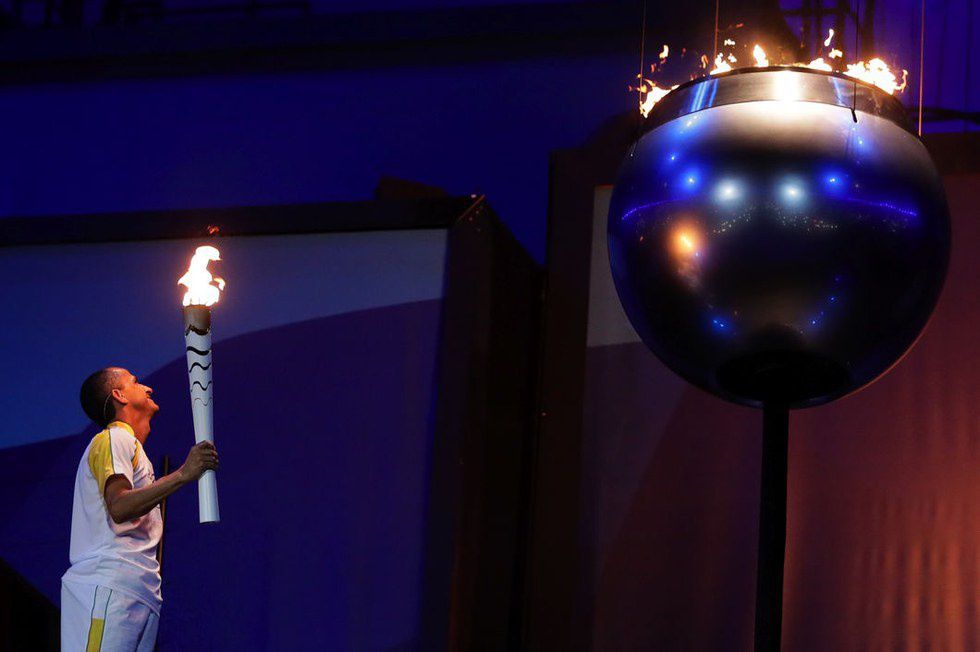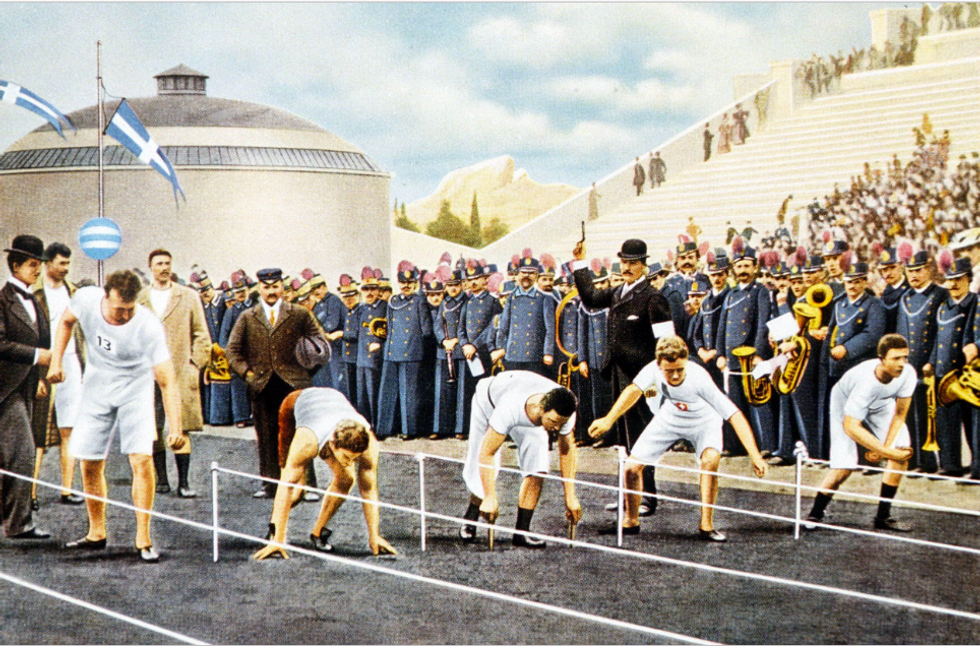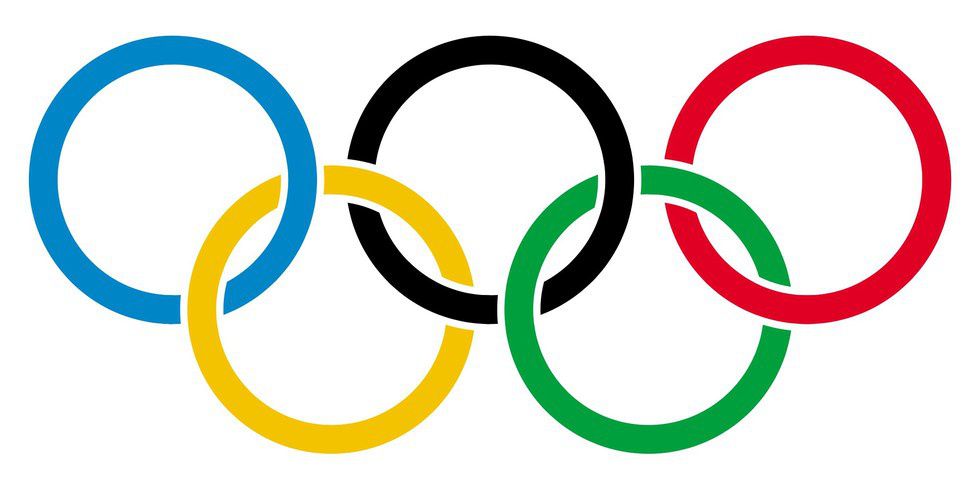On Friday, August 5th, the 2016 Summer Olympic Games kicked off after a stunningly progressive and moving opening ceremony that celebrated Brazil's history, culture, nature and shone a light on pressing global issues. Despite the contradiction of such a jaw-dropping and publicly acclaimed ceremony taking place after so many things went wrong while Rio prepared itself to host the Olympics, the games have been running rather smoothly considering all the mishaps, polluted waters, uninhabitable athlete villages, safety concerns and political instability (not to mention Zika, which is a whole other problem on its own).
Recently, Olympic host cities have battled with corruption, absurd costs, unnecessary projects and stadiums, economic instability and underinvestment in public health and safety that, more often than not, only harm the local population. Once the games are over, countries are left with massive amounts of debt as well as abandoned and useless structures, which is exactly what happened after the 2014 World Cup and convinced 63 percent of Brazilians that being a host country to yet another global event would not bring them any benefits aside from a large influx of tourists (but that even with a potential revenue of around $4 to $5 billion, most of it would benefit the rich more than the poor).
In the midst of all these issues and concerns, which have been present well before the "preparations" even began, it's fair to question why the games aren't hosted in a single, select location every time if most of its effects tend to be negative towards the hosting nation. It almost seems like a no-brainer, right? Pick a spot, maybe even the birthplace of the event, and come up with a solid structure to host the summer Olympics every four years. However, it's not as easy as it seems to reform the Olympic games because even though hosting them is detrimental to a country's economy, the debate over setting one specific location is as old as the modern games themselves.
In the late 19th century, in an effort to promote "peace" and "international union," French intellectual Pierre de Coubertin revived the Olympics after Roman Emperor Theodosius banned them in the fourth century for promoting paganism. Coubertin's plan to revive the Games entailed that the host city should change every four years, however, as the 1896 games wound up in Athens, King George of Greece, enthralled by nationalistic fervor (along with the rest of the country), believed the city to be the “peaceful meeting place of all nations.” For a while, the Greeks managed to hold strongly to the title of permanent hosts of the Olympics, but after a series of wars and disruption, Coubertin's version of the modern games turned out to work best.
In the thick of the Cold War, the United States planned to boycott the Moscow Summer Olympics due to the Soviet invasion of Afghanistan, stirring up a discussion over the politicization of the Games. It was then proposed, by the Olympic historian John Lucas, that a permanent "Olympic Games Center" be created as a sort of United Nations of sport, where all nations could come together and participate in the games. The nation would then be granted the position of a neutral ground, and while the Greek government would provide the infrastructure and location, the IOC would provide the economic support. However, this idea never came to fruition.
In more recent years, the list of countries affected by the Olympic games has grown exponentially, specifically Brazil in lieu of the current events taking place in Rio. With its questionable expenditure of somewhere between $12 billion and $20 billion to host the games, political instability due to the ongoing impeachment process of Dilma Rousseff and the establishment of a conservative and corrupt interim government as well as terrible natural disasters committed by mankind, it's common sense that hosting the Olympics there would be a recipe for disaster - and it might just be. Many believe that Brazil's current situation, coupled with the burden of housing thousands of tourists, athletes and members of the press, will carve an even deeper hole in Brazil's debt and drive their economy deeper into the crisis.
Journalist Christina Larson argues that the existing model for switching host cities is highly detrimental to the organization of the event. In an excerpt from a 2004 Washington Monthly article, she writes:
"With every change of venue, millions of staff-hours of know-how are lost. That’s not how most other major sporting events are organized. Professional golf tournaments return to the same courses year after year, allowing the staffs there to learn from their mistakes. Same with tennis: The groundskeepers at Wimbledon have had decades to practice pulling out the rain tarps and emptying out the parking lots. Yet the Olympics tries to reinvent the wheel every time, fielding a new team of planners, contractors, accountants, technicians, security personnel, and volunteers every four years, and expecting them to execute myriad complex logistical tasks perfectly the first time out."
Along with Larson's argument, John Rennie Short, a professor of public policy at the University of Maryland, Baltimore County, suggests a daunting alternative to the constant switching of host cities - an island to serve as a sort of Olympic Mecca. He proposes that an isolated and deserted Greek island be transformed into a training and performance center where all nations would gather for the games. Ideally, Greece would sell the land to help ease their debt and the IOC would sponsor the construction of structures and operations with loans from future media revenues. Others have added to this hypothetical permanent Olympic center, with some suggesting it be in cities such as Los Angeles or Barcelona, who benefitted immensely off hosting the Olympics, while others suggest that location be set in neutral Swiss ground, where both Winter and Summer Olympics could take place.
While Short makes a strong case for a more economically and socially conscious decision of where the Olympics should be hosted, his idea has lifted concerns over losing the international and diverse aspect of the event. Paul Christesen, a professor of classics at Dartmouth College, proposes that, through modern technology, the Olympics be more "decentered" and have different cities host different athletic events depending on how well each location can host more locally popular sports. Others have thought of choosing a set number of cities, preferably five (so as to represent the five intertwined Olympic rings) in different continents and have the events cycle through the list continuously.
Despite any and all efforts, discussions and proposals for a dramatic, yet plausible reform of the Olympics, most likely the system will remain the same. The IOC is highly aware that changing the host country every time is not necessarily the smartest decision to make, yet it's been the norm for years now, and they seem to be busier reaping the benefits from their arrangements to be focusing on actual reform.
The only way to tell if any changes will be made is through time, where soon enough we'll have statistics and reviews on how Rio performed in holding this major event that could potentially shake the ground a bit and push for some changes. However, regardless of the outcome of the 2016 Summer Olympics, it is always important to remember how, even though we can bring together so many nations in peace, the repercussions of hosting the games in politically and economically unstable countries are always devastating.























